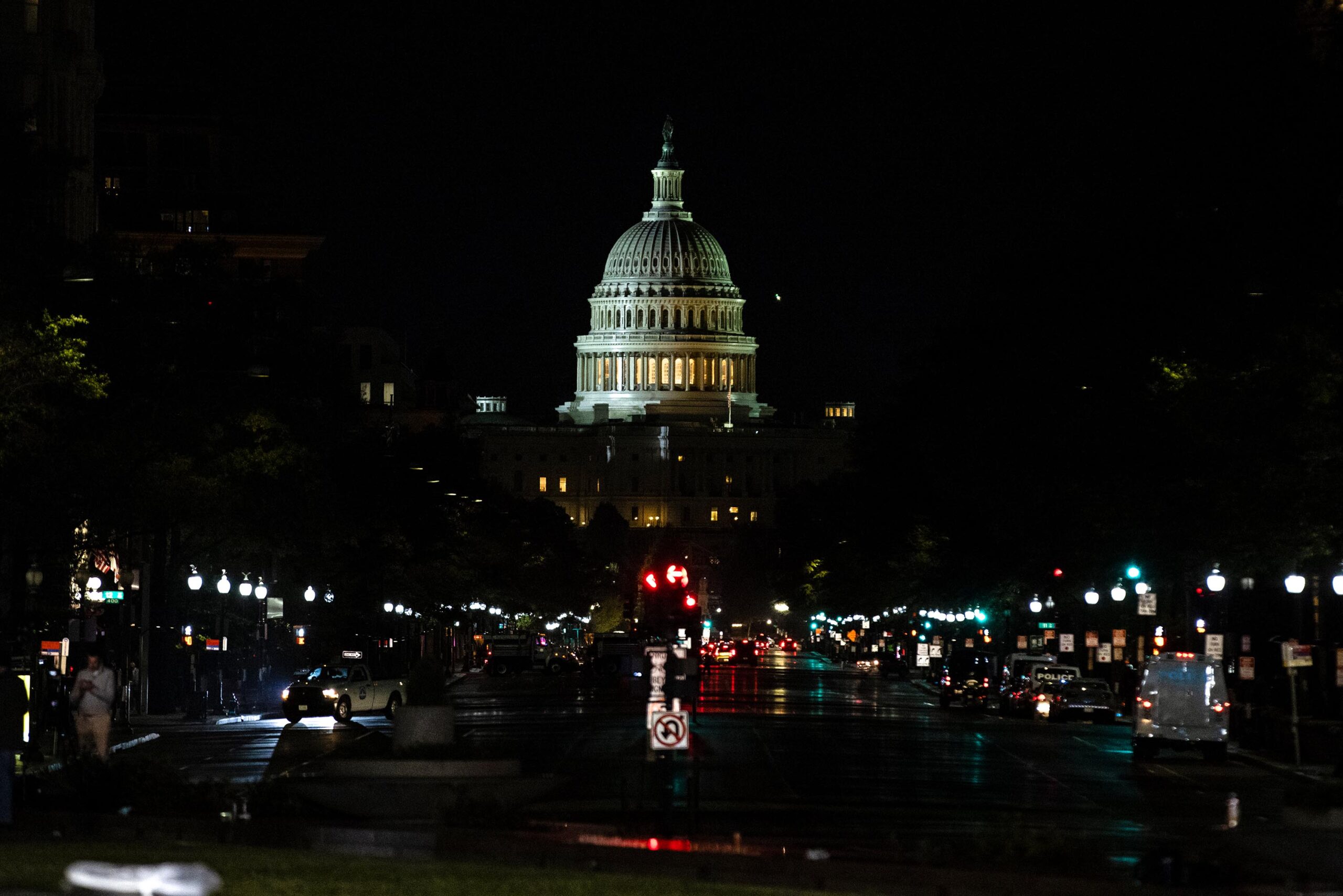After days of tense negotiations and months of partisan stalemate, Senate Majority Leader Mitch McConnell announced Sunday evening that leadership from both chambers had “finalized an agreement,” saying, “It is packed with targeted policies that help struggling Americans who have already waited entirely too long.”
The announcement follows policy disputes and partisan finger-pointing between Democrats and Republicans that fueled uncertainty over whether lawmakers would manage to close out a deal or whether talks would collapse with lawmakers soon set to leave Washington for the holidays and the end of the 116th Congress in sight.
The full details of what will be in the package — and the legislative text — have yet to be released, and lawmakers must now race to pass another stop-gap measure to avert a government shutdown ahead of a midnight deadline and buy additional time to hold votes on the pandemic relief deal.
The House will vote on Monday on the final Covid relief package along with the $1.4 trillion omnibus spending bill for a new fiscal year, according to House Majority Leader Steny Hoyer, who relayed that message to Democrats on a caucus call, sources said.
The House will pass a one-day stopgap later Sunday night to avoid a government shutdown at midnight. Leaders will need consent of all 100 senators to vote on the stopgap Sunday night in the Senate.
What’s in the relief deal
According to House and Senate Democratic leaders, the legislation will include direct payments of up to $600 per adult and child, aid for struggling small businesses by providing over $284 billion for forgivable Paycheck Protection Program loans, $25 billion in rental assistance, an extension of the eviction moratorium and $82 billion for education providers like schools and colleges to help reopen classrooms safely, among other provisions.
McConnell said that the package will support the rollout of coronavirus vaccines by providing “huge sums for the logistics that will get these life-saving shots to our citizens as fast as possible” and will “provide another round of direct impact payments to help households make ends meet and continue our economic recovery.”
In a joint statement supporting the legislation, House Speaker Nancy Pelosi and Senate Minority Leader Chuck Schumer said, “We are going to crush the virus and put money in the pockets of the American people.”
What’s next
A number of procedural steps still need to take place to clear the way for a vote in both chambers, with the potential to further slow the process.
Once the text is unveiled, the House Rules Committee will have to consider the package — a meeting that could take several hours. Then, they will have to schedule a House floor debate and set up votes in the chamber.
The Senate is more complicated because it requires consent of all 100 members to schedule a vote, and it’s uncertain if that will happen if any member is unhappy with the bill or the process. If they can’t get an agreement for a quick vote, McConnell will be forced to take procedural steps to up a vote, a process that could take several days.
Hill leaders had been saying for days that a deal was close at hand, a promise that was reiterated Saturday night after Democrats and Republicans reached an apparent resolution to a contentious partisan dispute over the role of the Federal Reserve to intervene in the US economy.
Following tense negotiations over a provision pushed by Republican Sen. Pat Toomey to pare back the role of the central bank’s emergency lending authority, Schumer and the Pennsylvania Republican reached a deal in principle over the provision, aides said.
By Manu Raju and Clare Foran, CNN



